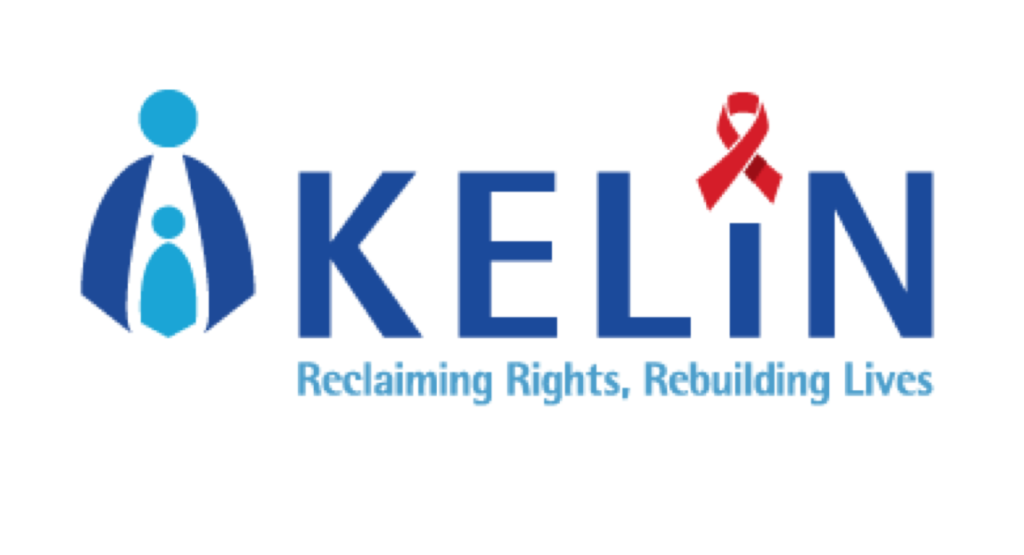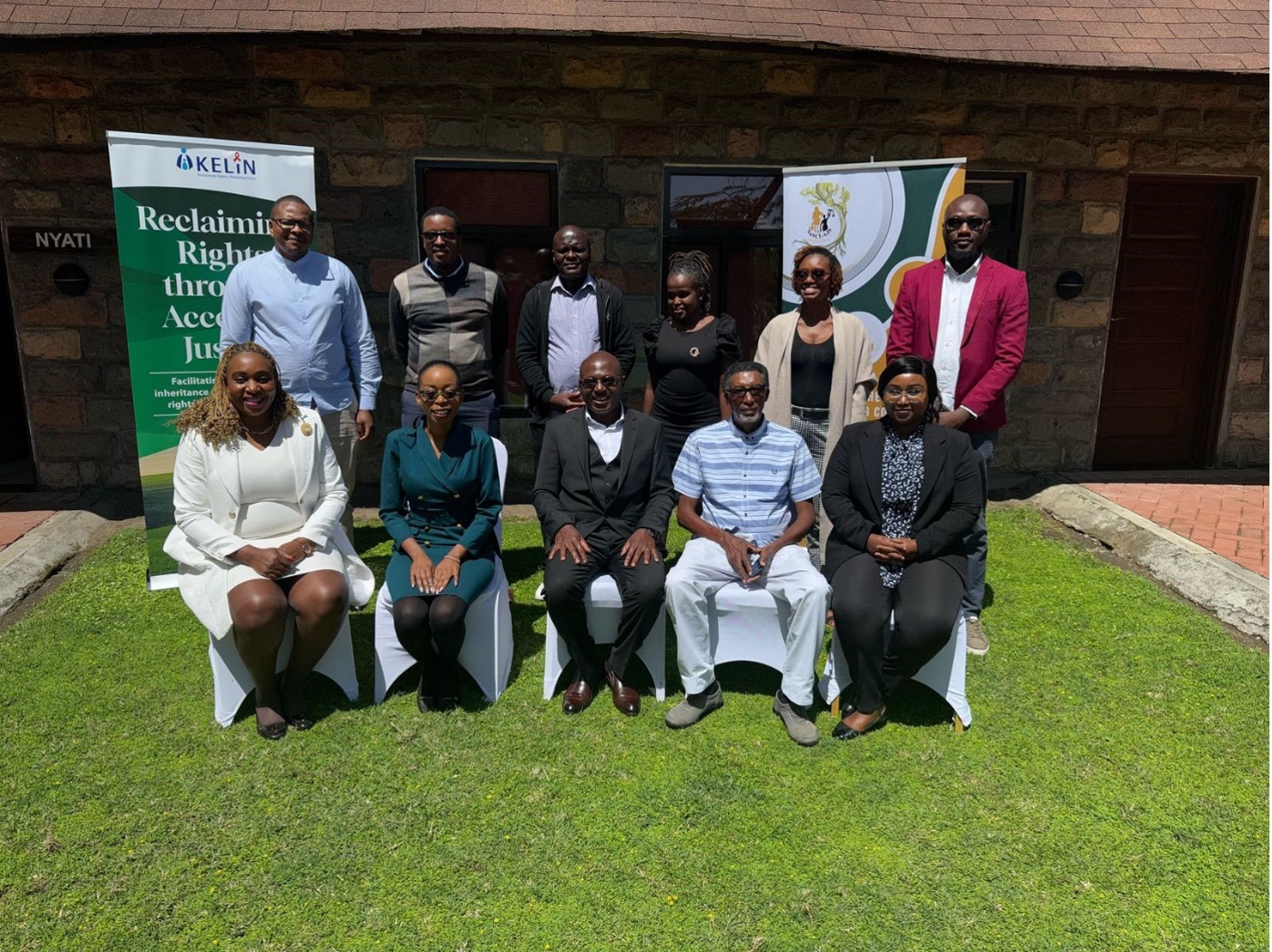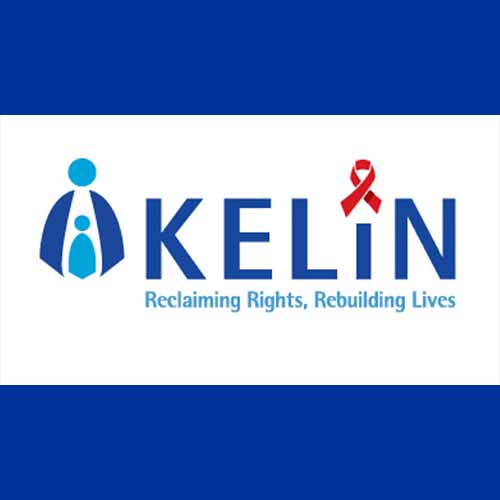By Trevor Mwangi – Program Associate, KELIN
A study in Kenya found that 95 percent of menstruating girls missed one to three school days, 70 percent reported a negative impact on their grades, and more than 50 percent stated falling behind in school because of menstruation (Mucherah and Thomas 2017).
There are numerous barriers to menstrual well being in Kenya. According to a 2022 study by World Bank Group and Global Water Security & Sanitation Partnership (GWSP), 65% of girls and women in Kenya cannot afford sanitary pads because of the high cost of sanitary pads. Other barriers include lack of access to water and sanitation which leads to unhygienic practices. Menstruating girls and women also face challenges rooted in social norms and beliefs, being deemed impure and excluded from activities like education, work, and religious practices. Taboos and stigmas create a culture of silence, limiting information on menstruation and hygiene.
Article 43 of the Constitution of Kenya, 2010 provides for the right to the “highest attainable standard of health, which includes the right to health care services including reproductive health care” is guaranteed for all Kenyans. Further, the Constitution promotes the right to health care for specific groups as seen in Article 53 for children’s rights and Article 54 for Persons with disabilities. Poor menstrual hygiene can pose serious health risks, like reproductive and urinary tract infections which can result in future infertility and birth complications. Neglecting to wash hands after changing menstrual products can also spread infections. This lack of means for hygienic management of menstruation can cause discomfort and psychological stress and adds to the shame and sometimes depression that women and girls experience because of menstruation-related taboos and stigma (Sweetman and Medland 2017). When girls and women have access to safe and affordable sanitary materials to manage their menstruation, the risk of infections decreases. This can have cascading effects on overall sexual and reproductive health, including reducing teen pregnancy, maternal outcomes, and fertility.
Addressing menstrual hygiene does not only impact the enjoyment of the right of health, but also other human rights such as right to education, right to dignity, right to water and sanitation, right to a clean and healthy environment, freedom against discrimination amongst others. Kenya’s National Health Policy 2014-2030, National Health Sector Strategic and Investment Plan, Kenya Environmental Sanitation and Hygiene Policy 2016-2030 and the Menstrual hygiene management policy 2019-2030 cements the political good will for women and girls to manage menstruation hygienically, freely and with dignity. However, despite the plethora of policy frameworks on the subject, a lot remains to be desired as lived reality.
Today marks the Menstrual Hygiene Day, aimed to normalise and improve the experiences of girls and women by making menstruation a normal fact of life by 2030. The goal is to create a world where menstruation doesn’t hold anyone back anyone, and where people are able to hygienically menstruate with both pride and dignity. Educating all young people, no matter their gender, on the changes that happen during the menstrual cycle is critical as this would help to bust any myths and misconceptions about periods and avoid the dangers of spreading false information.
Additionally, it is important to address the economic, social and cultural challenges that persist especially when it comes to accessibility and affordability of sanitary materials. KELIN looks forward to the enactment of the Sanitary Towels Bill, 2024 into Law. The bill seeks to provide for the provision of quality, free and sufficient sanitary towels in all public institutions. KELIN reiterates its belief in a world where no one lives in fear or oppression; where all have access to decent standard of healthcare and life; a world where everyone is treated with dignity and respect.
References,
- Mucherah Winnie and Thomas Kendra, Reducing barriers to primary school education for girls in rural Kenya: reusable pads’ intervention https://pubmed.ncbi.nlm.nih.gov/28628478/
- Anja Benshaul-Tolonen, Garazi Zulaika, Marni Sommer, and Penelope A. Phillips-Howard. Measuring Menstruation-Related Absenteeism Among Adolescents in Low-Income Countries https://www.ncbi.nlm.nih.gov/books/NBK565672/
- Caroline Sweetman and Louise Medland, Introduction: gender and water, sanitation and hygiene https://www.tandfonline.com/doi/full/10.1080/13552074.2017.1349867
To contribute to the discussion, follow KELIN on our social media platforms.
Twitter: @KELINKenya
http://www.facebook.com/kelinkenya
For more information, please contact.
Trevor Mwangi
Program Associate
Kenya Legal and Ethical Issues Network on HIV & AIDS (KELIN)
Kuwinda Lane, Karen C, off Langáta Road Email: trevormwangi@kelinkenya.org


